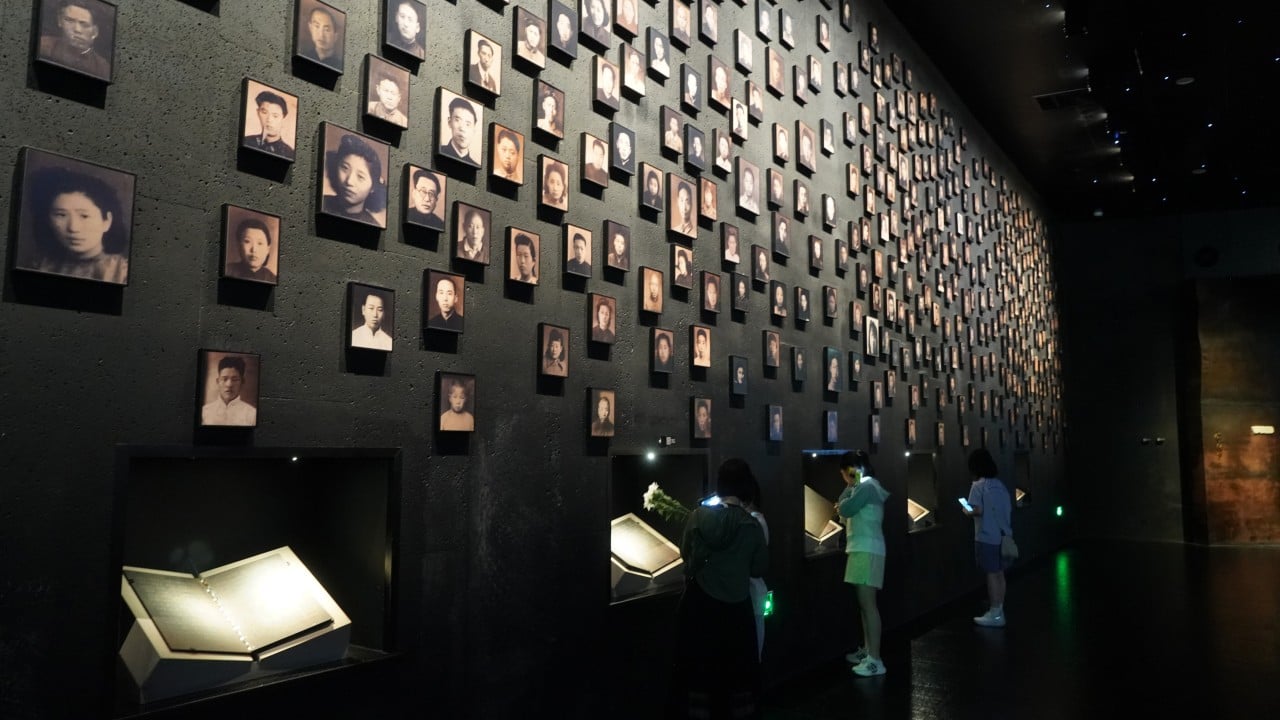This summer, two Chinese films – Dead To Rights and 731 – have stirred strong public reactions. Focusing on some of the darkest chapters of World War II in Asia, these films revisit the horrors of the Nanking massacre and the atrocities of Japan’s Unit 731, which conducted biological experiments on civilians in northeastern China.
Advertisement
The films have triggered a wave of reflection, especially among younger audiences. Many are watching depictions of these wartime events for the first time, discovering a legacy of trauma that still shapes Chinese national identity – and foreign policy.
The timing is significant. This year marks the 80th anniversary of China’s victory in the War of Resistance Against Japanese Aggression, which began in 1931 and left more than 35 million Chinese dead. The Nanking massacre started in December 1937, when Japanese troops occupied the then capital and killed over 300,000.
I remember first learning about it in a history textbook. The shock, for a teenager, was beyond words. Just looking at the pictures was excruciating. There are things one never wants to see again, even as the images never leave you. I have not yet prepared myself to step into the cinema – not because I forget, but because I remember all too well.
For many Chinese, it is more than a tragic chapter in history – it is a moral wound, never properly acknowledged or atoned for by the Japanese government.
Advertisement
Top Japanese politicians continue to pay tribute at Yasukuni Shrine, where Class-A war criminals are enshrined alongside Japan’s war dead. Official apologies, when they come, are often vague and quickly undermined by revisionist rhetoric. For Chinese citizens, the lack of sincere contrition is not just diplomatically offensive, it feels like a betrayal of the truth.

